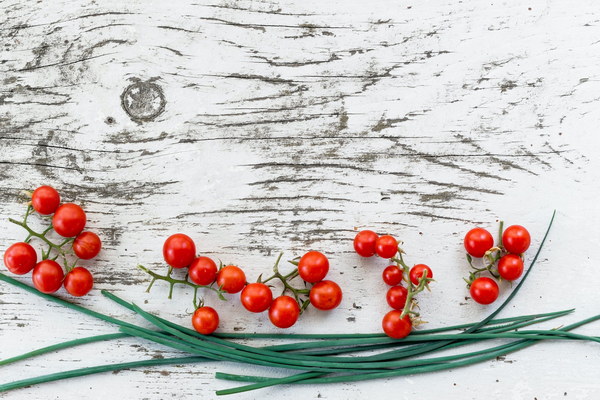The Art of Nourishment Exploring the World of Stewed Noodles and Traditional Chinese Herbs
In the realm of culinary traditions, the art of nourishment has long been revered. Among the vast array of cuisines, Chinese cuisine stands out with its unique blend of flavors and health benefits. One such culinary gem is the world of stewed noodles, a dish that embodies the essence of traditional Chinese herbal medicine. This article takes a closer look at the world of stewed noodles and their health benefits, highlighting the role of herbs and spices in this delectable meal.
Stewed noodles, also known as niurou mian in Chinese, is a comforting bowl of noodles served in a rich, savory broth. The dish is made by boiling noodles in a broth that typically contains meat, vegetables, and an array of traditional Chinese herbs. This warm, soothing meal is perfect for those seeking to nourish their bodies and boost their immune system.
The foundation of a good stewed noodle dish lies in the broth, which is the essence of the dish's flavor and health benefits. The broth is usually made by simmering meat, such as pork, beef, or chicken, along with an assortment of vegetables like carrots, onions, and celery. This process extracts the nutrients and flavors from the ingredients, resulting in a savory, aromatic broth that is the perfect complement to the noodles.
The true magic of stewed noodles, however, lies in the traditional Chinese herbs used to enhance the broth's flavor and medicinal properties. Some of the most commonly used herbs include:
1. Astragalus (huangqi) - Known for its immune-boosting properties, astragalus helps to strengthen the body's defense against illness.
2. Goji berries (gouqi) - These berries are rich in antioxidants and have been used in traditional Chinese medicine for centuries to promote longevity and vitality.
3. Ginger (jiang) - A warming herb that helps to alleviate colds, flu, and digestive issues.
4. Licorice root (gancao) - Used to balance the flavors of the dish, licorice root also has anti-inflammatory properties.
5. Cinnamon (rougui) - Cinnamon is known for its ability to improve blood circulation and regulate blood sugar levels.
These herbs not only add a distinct flavor to the broth but also provide numerous health benefits. For instance, astragalus can help to boost the immune system, while ginger can aid in digestion and reduce inflammation. By incorporating these herbs into the dish, stewed noodles become more than just a meal; they become a therapeutic experience.

The health benefits of stewed noodles extend beyond the herbs used in the broth. The dish's ingredients, such as meat, vegetables, and noodles, each play a role in promoting overall well-being:
1. Meat: The protein found in meat helps to build and repair tissues, while the amino acids in the meat support the immune system.
2. Vegetables: Packed with vitamins, minerals, and antioxidants, vegetables like carrots, onions, and celery provide essential nutrients for the body.
3. Noodles: Made from wheat flour, noodles are a good source of carbohydrates, which provide energy and aid in digestion.
In addition to their health benefits, stewed noodles are also a dish that brings people together. In Chinese culture, sharing a meal is an important way to bond and express gratitude. Stewed noodles, with their warm, inviting flavors, are often served during family gatherings, festivals, and celebrations, making them a symbol of togetherness and joy.
In conclusion, the art of nourishment is beautifully showcased in the world of stewed noodles. With its rich broth, aromatic herbs, and diverse ingredients, this dish is not only a delightful culinary experience but also a means of promoting health and well-being. So, the next time you're in the mood for something comforting and nutritious, give stewed noodles a try and savor the flavors of traditional Chinese herbal medicine.









